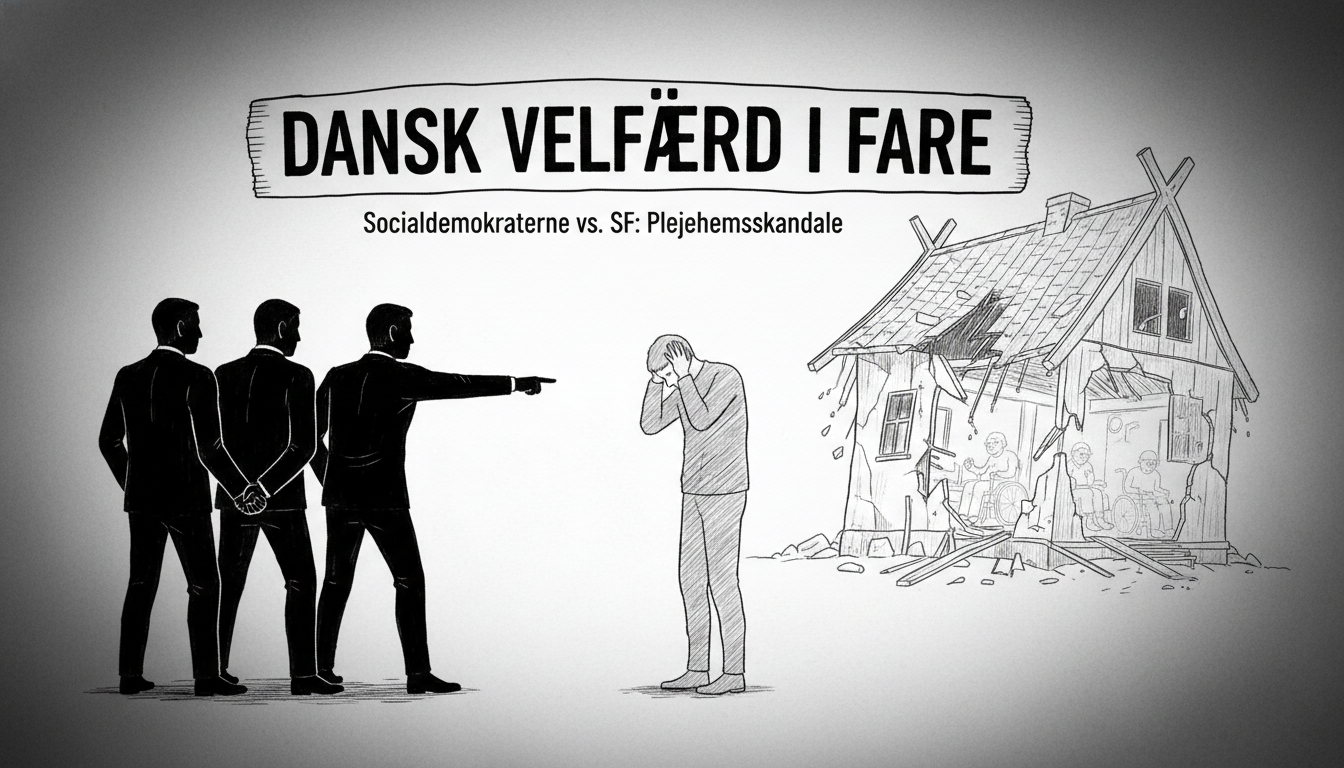Danish Social Democrats have launched a fierce political attack against Copenhagen's health and care mayor Sisse Marie Welling. The offensive comes during the final stretch of municipal election campaigning. Multiple reports have exposed serious care failures at Copenhagen nursing homes. These revelations have triggered the political confrontation.
The Social Democrats now accuse the Socialist People's Party politician of mismanaging the city's elder care system. The criticism focuses specifically on conditions at municipal care facilities. Copenhagen residents have expressed growing concern about care quality for elderly relatives.
This political clash represents a significant development in Danish municipal politics. The Social Democrats traditionally compete with the Socialist People's Party for progressive voters. Both parties typically position themselves as defenders of Denmark's welfare system. The public criticism suggests strategic positioning before voters head to the polls.
Danish municipal elections determine local leadership for the next four years. Copenhagen's city government currently consists of a coalition between multiple parties. The health and care portfolio oversees one of the municipality's largest budgets. Elder care represents a sensitive political issue across Scandinavian countries.
Nordic welfare systems face increasing pressure from aging populations. Denmark's universal care model has long been admired internationally. Recent scandals have raised questions about maintaining quality standards. Similar care home issues have emerged in Sweden and Norway in recent years.
The timing of these revelations appears strategic. Election campaigns typically intensify during their final weeks. Political parties often release damaging information about opponents during this period. Voters will now weigh care failures against other municipal priorities.
Copenhagen's municipal government manages healthcare, schools, and elder services. The health mayor oversees approximately 20,000 municipal employees. Care home quality affects thousands of Copenhagen families directly. International observers monitor Danish welfare solutions closely.
This confrontation highlights genuine policy differences between allied parties. Both groups claim to represent the political left in Denmark. Their competition demonstrates the complexity of Nordic coalition politics. Voters must decide which party better protects welfare institutions.
The care home reports detail specific deficiencies in several facilities. These include staffing shortages and inadequate patient monitoring. Some residents experienced preventable health complications. Families have complained about response times to emergency calls.
Municipal elections in Denmark typically focus on local service quality. National political debates often influence voter decisions nonetheless. The current government's performance may affect local election outcomes. Copenhagen results could signal broader political trends.
Danish political analysts note this confrontation's unusual intensity. Traditional allies rarely attack each other so directly during campaigns. The strategy suggests both parties view Copenhagen as a crucial battleground. Election results will determine the city's governing coalition for the coming term.
International readers should understand Denmark's decentralized governance model. Municipalities enjoy substantial autonomy in service delivery. Local elections directly impact healthcare, education, and social services. Copenhagen's outcomes often influence policy discussions nationwide.

